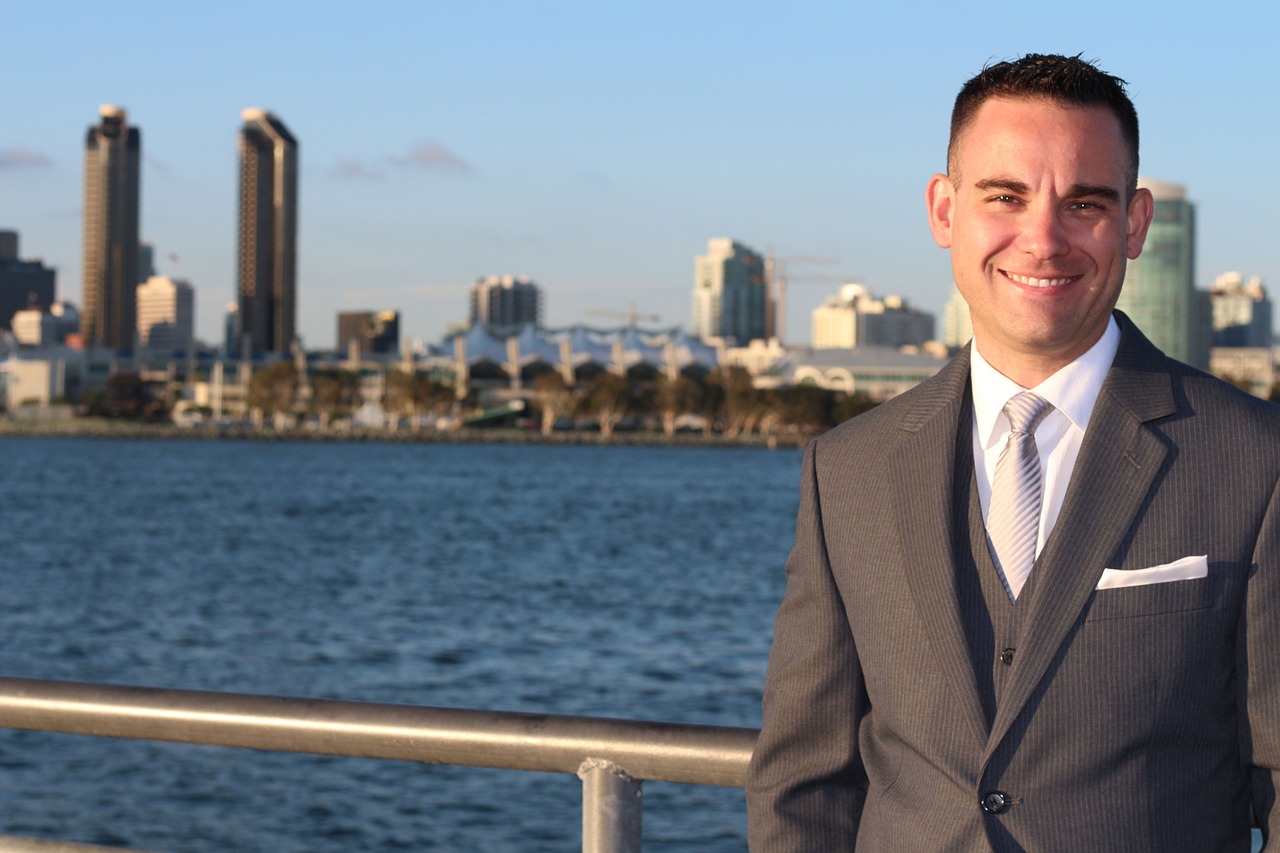As the application process for Canada’s new Immigrant Investor Venture Capital Pilot Program nears its close on 15 April, critics, including Canadian immigration lawyers, can’t help but wonder: will this new pilot program be more successful than its predecessor, the now-defunct Immigrant Investor Program?
The Immigrant Investor Venture Capital Pilot Program (IIVC) is accepting 500 applicants, and will select 60 applications at random for approval. Applications were accepted from January 28 until February 11, 2015, and were reopened on February 13. They are expected to remain open until April 15, 2015, or until 500 applications have been received.
Compared to the Immigrant Investor Program, which is widely considered to have been a failure by Canadian immigration lawyers and refugee lawyers because it invited fraud, the minimum requirements for IIVC are much stricter, as illustrated below:
| Criteria | Immigrant Investor Program | IIVC Pilot Program |
| Minimum Net Worth | $1.6 Million | $10 Million |
| Investment | $800,000 for five years, guaranteed and interest-free | $2 million at-risk investment for 15 years |
| Language Skills | None | Proficiency in either English or French in speaking, listening, reading, and writing |
| Education | None | Canadian post-secondary degree, diploma, or certificate, or certified equivalent |
As this process continues, new data has emerged reporting that those admitted to Canada under the old Immigrant Investor Program have seen low earnings and low employment rates, suggesting a lack of attachment or integration into their new home. The program, termed by some as “Cash for Citizenship,” began in 1986, but ceased acceptance of applicants in 2012. After three years in Canada, only 47% of investor immigrants from the old program report any income at all, which falls to 39% after five years, and after 15 years the incomes reported average at $28,000. In contrast, refugees (those admitted while fleeing from their country of origin or with the aid of a refugee lawyer) reported higher rates of employment after five years, and average incomes were $30,000 after 15 years.
It is the hope of Canadian immigration lawyers and refugee lawyers that the higher requirements will mean that those admitted under the new IIVC Pilot Program will invest more into Canadian businesses and economy, and will be more likely to become a part of their communities. But some may also be concerned that with more restrictions, many potential investors will be more attracted to programs in other countries that better suit their needs, including the United States, United Kingdom, and Australia.
Share this article
Arghavan Gerami
Arghavan Gerami is the Founder and Senior Counsel at Gerami Law Professional Corporation ('PC'), a full-service immigration law firm in Ottawa, Ontario. Since 2011, Ms. Gerami has focused her practice on immigration and refugee litigation. Prior to that, Ms. Gerami worked at the Ministry of Attorney General and the Department of Justice and had the privilege of serving the Honourable Mr. Justice M. Evans at the Federal Court of Appeal on immigration and administrative law appeals. Ms. Gerami contributes to the Immigration Law Section of the Canadian Bar Association, the Canadian Association of Refugee Lawyers, and the United Nations High Commissioner for Refugees. Ms. Gerami has also published numerous journal articles and presented at various immigration and refugee law conferences and events across Canada.

